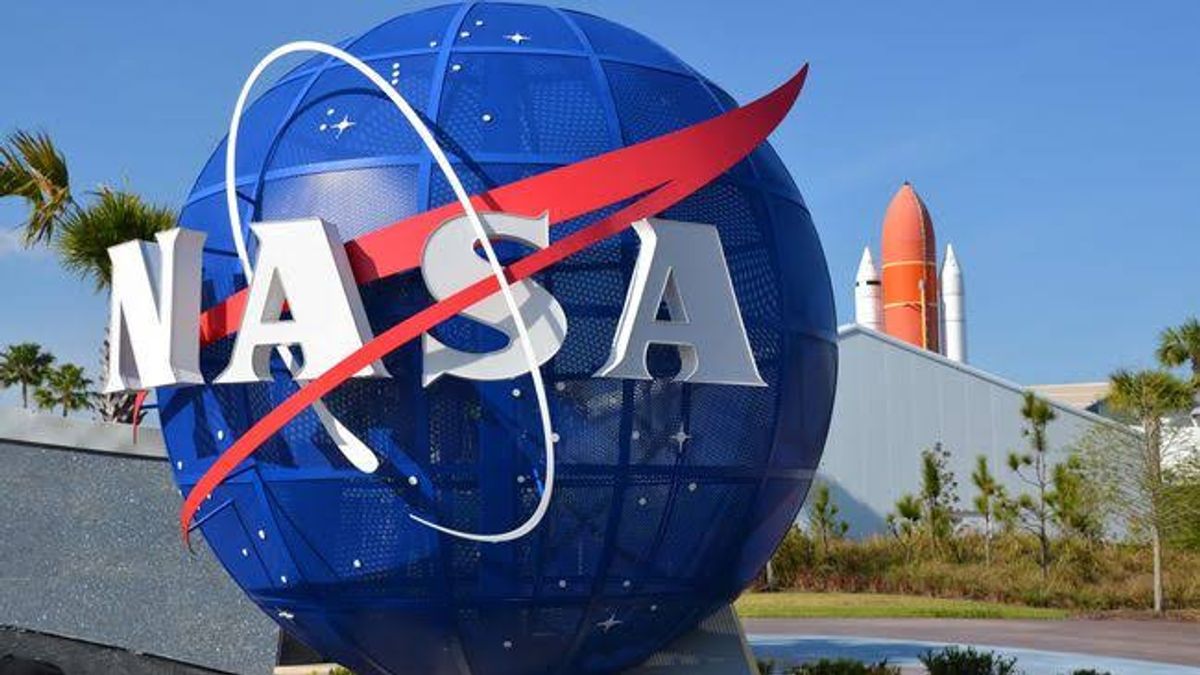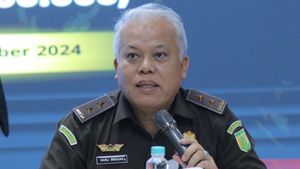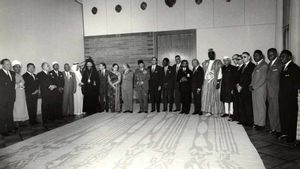JAKARTA - The American National Aeronautics and Space Administration (NASA) will reportedly hire two dozen priests and religious experts (theologians) to assess how humans will react if alien life is discovered on another planet.
Not only that, but theologians will also see how this will affect the idea of God and his various creations.
This program is hosted by Princeton University, New Jersey, USA, and sponsored by NASA at the Center for Theological Inquiry. Its mission is described as building bridges of understanding by bringing together theologians, scientists, scholars, and policymakers to think together and inform public thinking about global issues.
According to a report quoted by the India Times, Monday, December 27, NASA employs as many as 24 theologians. This program aims to answer questions that have been puzzling us for a long time, such as, What is life? What does it mean to live? Where do we draw the line between humans and aliens? Is it possible that life exists elsewhere?
Currently, NASA has two rovers on Mars, and several probes orbiting Jupiter as well as Saturn. NASA recently launched the James Webb Telescope which will study the formation of galaxies, stars, and planets in the universe. With this technology, NASA hopes to find life beyond Earth.
SEE ALSO:
Reverend Dr. Andrew Davison, a theologian at Cambridge University and one of the 24 theologians stated, "Religious traditions will be an important feature in how humanity will work through such confirmation of life elsewhere", Davidson said in a blog post.
"As such, this feature is part of NASA's ongoing goal to support work on the social implications of astrobiology. Non-religious people also appear to be overestimating the challenges that religious people will experience if faced with evidence of alien life."
Davison will publish a book next year, titled Astrobiology and Christian Doctrine, which notes that he believes we are getting closer to finding life on other planets.
"Creation is (seen as) a gracious gift (from God and) that also applies to any other life that might exist in the universe", Davidson said.
Head of NASA's Institute of Astrobiology Carl Pilcher, who served until 2016, said NASA is investigating deep questions about the origin of life and its place in the universe and wants theologians to consider the implications of applying tools in the late 20th century as well as early 21st-century science to questions that have been considered in religious traditions for hundreds or thousands of years.
The English, Chinese, Japanese, Arabic, and French versions are automatically generated by the AI. So there may still be inaccuracies in translating, please always see Indonesian as our main language. (system supported by DigitalSiber.id)


















